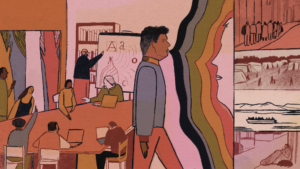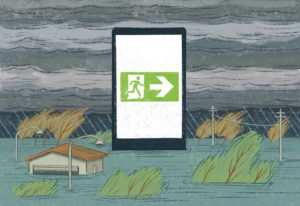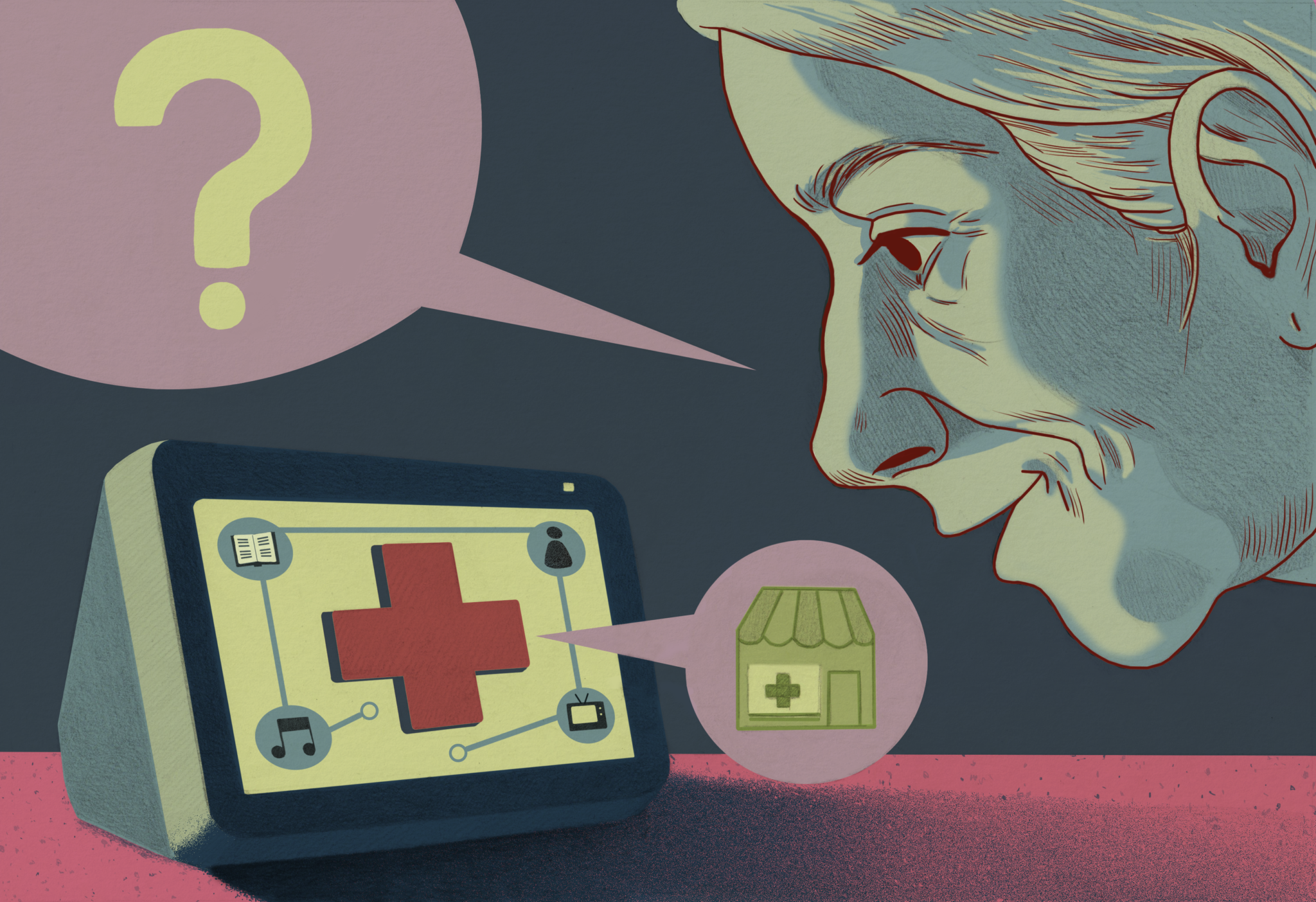
Susana Palés
Description
The research carried out within the framework of the CREARED project focuses on the analysis of unwanted loneliness in elderly people residing in rural areas of the Community of Madrid with less than 20,000 inhabitants. Through a mixed and participatory methodology, the study allows the identification of risk factors, social barriers and technological opportunities. Their results offer an empirical basis for designing innovative, sustainable and replicable community interventions, with the aim of improving the well-being and social connection of older people. To measure unwanted loneliness, the ESTE II scale was used.
Context
Unwanted loneliness is a growing phenomenon that especially affects older people in rural areas of the Community of Madrid. Territorial dispersion, low population density, accelerated ageing, loss of community services, mobility difficulties and digital disconnection are factors that, combined, contribute to generating situations of structural isolation. In these contexts, the lack of regular social interaction, the scarcity of local resources and limited participation in community life increase the risk that older people will live alone and disconnected, even when they do not verbally express their discomfort.
According to the study carried out by the consulting firm Fresno within the framework of the CREARED project, 26.4% of elderly people living in municipalities with less than 20,000 inhabitants are at medium or high risk of unwanted loneliness. This risk intensifies with age: 33.1% of people aged 75 and over are at risk, with women experiencing it more frequently (28.1%, compared to 23.4% in men). In addition, widowhood appears as a determining factor, affecting more than a third of those who suffer from it. In turn, the main causes are identified as the loss of coexistence with people close to them (80.7%), health or mobility problems (79.6%), and precarious economic situation (75%), especially among those who have difficulty making ends meet: 39.5% of this group has high levels of loneliness.
The digital divide aggravates this situation. Although 7 out of 10 older people claim to use the internet with some frequency, the data shows that almost 50% never use the computer, and 27.3% only use the mobile phone occasionally. This digital limitation significantly reduces their access to communication resources, information, entertainment and essential services such as online banking or e-government, reinforcing the feeling of disconnection from the environment.
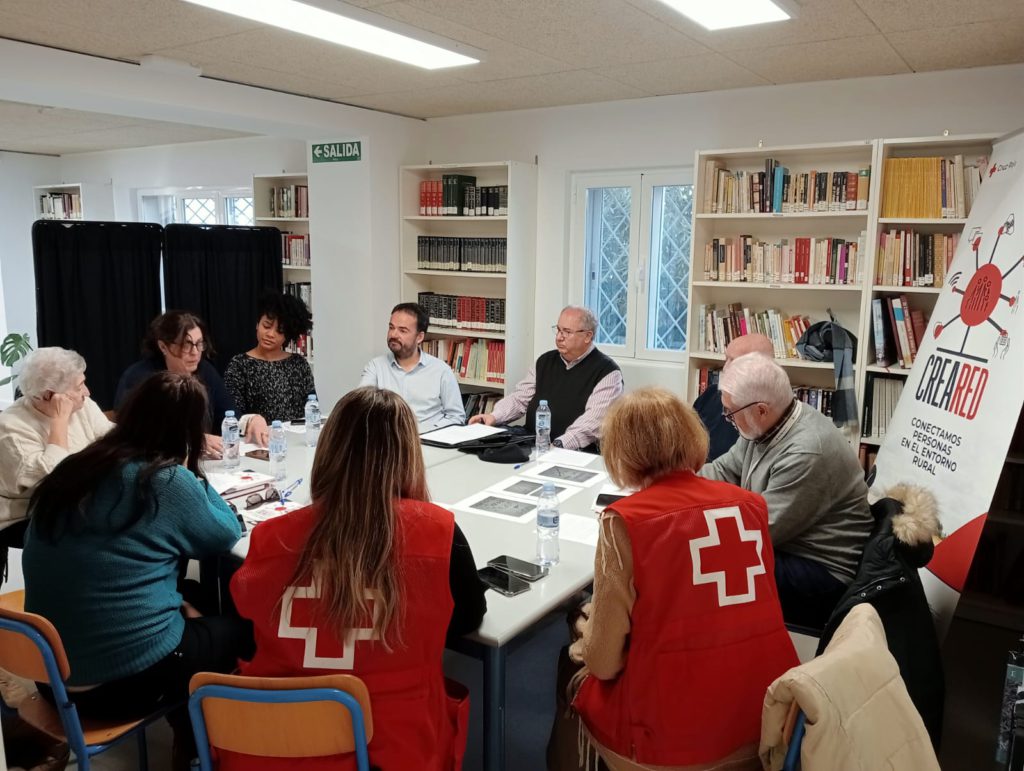
In this context, the research was proposed as a comprehensive diagnosis that gave a voice to the elderly themselves, analysing their realities from a qualitative and quantitative perspective. The study includes individual interviews, focus groups, surveys with validated scales and analysis of secondary data, which allows capturing both the objective conditions and the subjective experiences of those who inhabit these environments.
The results reflect that more than 50% of the people surveyed consider that not enough measures are being carried out in their municipality to combat loneliness. In addition, 77.6% believe that creating spaces for meeting and coexistence is a priority, and 59.4% believe that access to technology can help reduce loneliness.
This analysis has served as a basis to guide the actions of the CREARED project and to generate useful, rigorous and transferable knowledge to other rural contexts with similar challenges.
Technical details & Operations
The research carried out within the framework of the CREARED project has followed a mixed methodology, integrating quantitative and qualitative tools with the aim of generating in-depth and applicable knowledge about unwanted loneliness in elderly people in rural areas of the Community of Madrid. The study was coordinated by the Red Cross Community of Madrid, and executed by the consulting firm Fresno, and had the active involvement of local teams, technicians and volunteers in 11 rural municipalities.
From an operational point of view, the research was divided into different phases:
- Documentary review: A systematic search for studies, plans, policies and interventions on unwanted loneliness was carried out at the national and international level, paying special attention to the rural environment, the use of technologies and the community approach.
- Survey of the elderly population: It was applied to 260 people over 65 years of age residing in municipalities with less than 20,000 inhabitants. To measure the prevalence and risk of loneliness, the ESTE II scale was used, which assesses factors such as the perception of social support, the use of technologies and community participation.
- Qualitative methods: More than 20 in-depth interviews were conducted (with older people, the general population and experts in technology and rurality), 2 territorial discussion groups and a participatory workshop with professionals from the social, technical and academic fields. These tools made it possible to capture subjective experiences, social and physical barriers, collective imaginaries and proposals for solutions.
- Applied technologies: The research incorporated a specific analysis on the use of technologies such as virtual assistants (Alexa), assessing their potential to reduce feelings of loneliness, foster social connection, and facilitate access to services. The main barriers to digital access were also identified: lack of devices, connectivity difficulties and low level of digital skills.
- Analysis and interpretation: All data were analysed using specialized software (MAXQDA and Zotero) and systematized in a final report that includes specific recommendations to improve public policies, adapt local interventions and promote social innovation in rural areas.
- Outputs generated: In addition to the technical report, infographics, presentations and synthesis documents were prepared to facilitate the transfer of the knowledge generated. The entire process was developed guaranteeing the ethical principles of social research.
Overall, this solution works as a comprehensive model of analysis and intervention, combining applied research, community engagement, and strategic use of technology to combat unwanted loneliness in rural contexts.
Deployment & Impact
The research was developed during the first year of the CREARED project as a key tool to guide individual, group and community intervention, and enable evidence-based decision-making. It was carried out in 11 rural municipalities of the Community of Madrid, selected for presenting factors associated with unwanted loneliness such as low population density, demographic ageing, poor connectivity, digital divide and lack of proximity services.
The process included more than 300 participants, including the elderly, technicians, volunteers, professionals in the social and health field, representatives of public administrations and associative networks. Quantitative and qualitative methodologies were applied, including a survey of 260 people over 65 years of age living in municipalities with less than 20,000 inhabitants. This survey, based on the ESTE II scale adapted by the Red Cross, made it possible to establish levels of risk of loneliness: 26.4% are at medium or high risk. This underlines the urgent need for sustained responses adapted to the rural context.
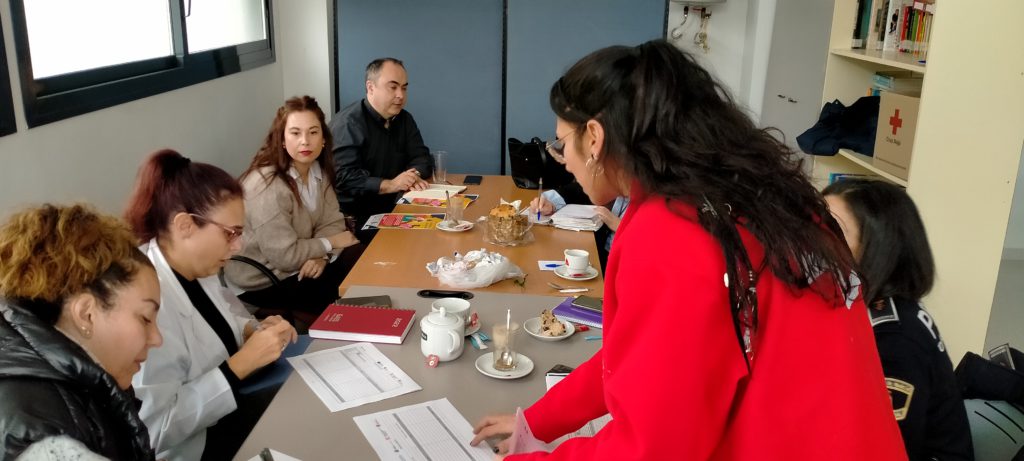
In addition, more than 20 in-depth interviews, 2 territorial discussion groups and a participatory workshop with professionals and institutional representatives were held. This approach made it possible to capture both objective data and subjective perceptions that configure the experience of loneliness.
The research identified five key findings:
- The risk of loneliness increases with age, especially in people over 75 years of age, and affects women and widows more.
- An active community environment and positive personal attitudes have a protective effect.
- Economic precariousness significantly increases unwanted loneliness.
- The lack of continuity in social activities weakens stable support networks.
- Technology has the potential to mitigate loneliness, but barriers such as low digital literacy, poor connectivity and lack of knowledge of available resources persist.
The impact of this research has been remarkable. On the one hand, it has served as a basis for redefining the strategies of the CREARED project, guiding detection, accompaniment and community prevention activities. On the other hand, it has provided the organization with a rigorous tool for dialogue with public administrations, social entities and European networks interested in addressing loneliness from a territorial perspective.
